1 like
Accidentally deleted your comment... my bad! anyway yes, fixed, and thanks for the heads up
1 like
2 likes
Question to followers: what are some good, free solutions for hosting media for your site? I can't afford supporter mode. For my photographs and videos I've used flickr and youtube respectively, but I'm wondering if there are any good general solutions
 danimotora
5 years ago
danimotora
5 years ago
I think you can still embed google drive videos to your website? So there's a lot of storage space there, but if you wanted something public-facing then maybe try vimeo?
 disc-content
5 years ago
disc-content
5 years ago
there's also a way to host files in GitHub. (it's a little clunky, but if you can make it work, it's a nice way to get some free storage)

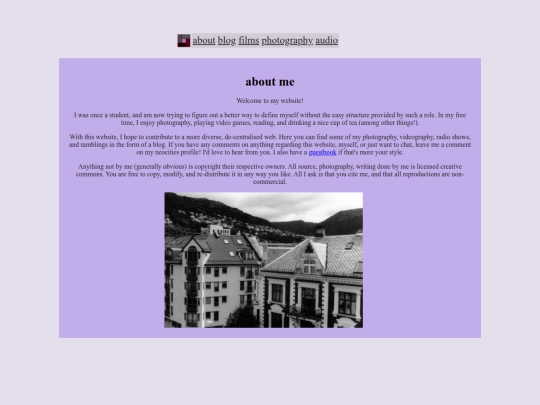
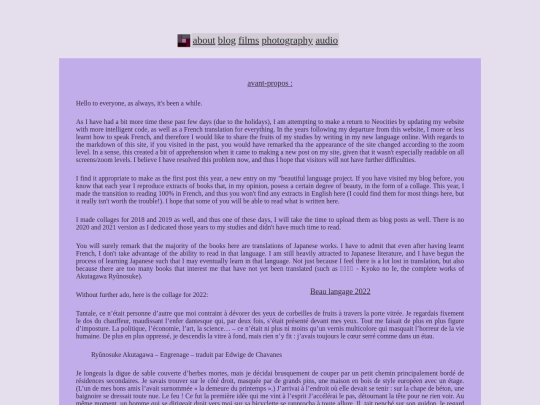
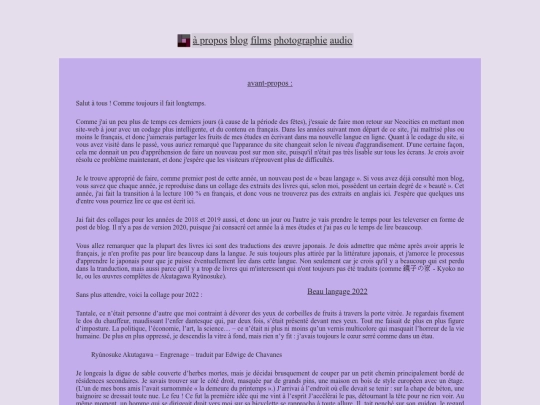
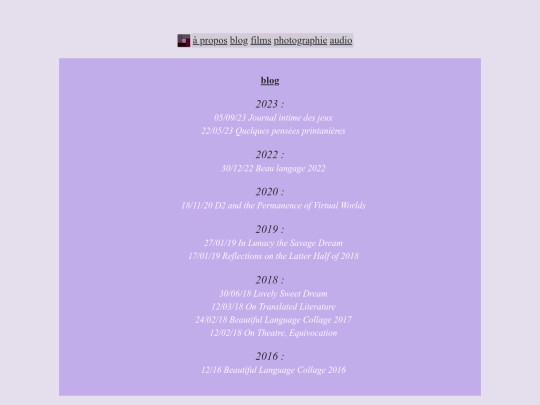
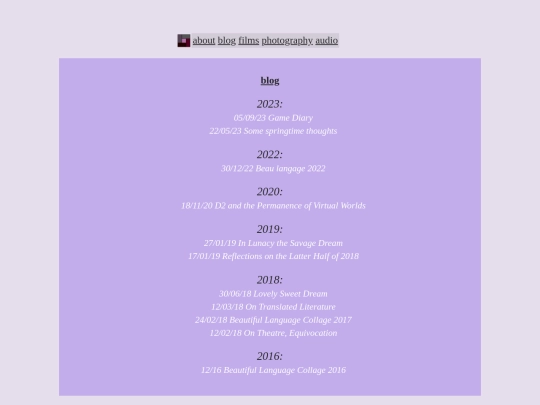
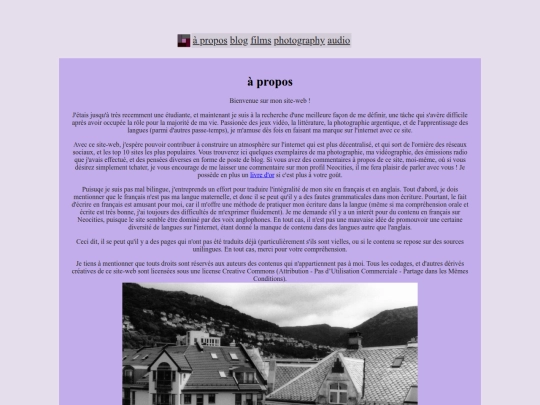
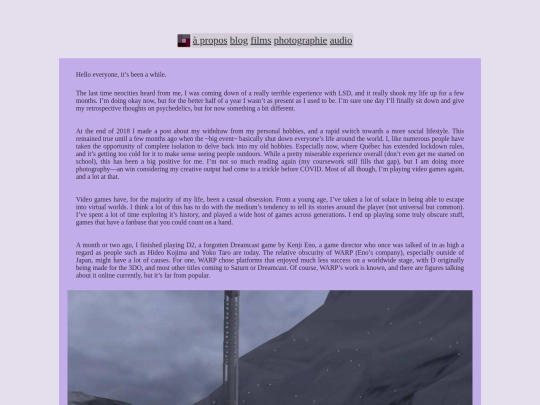
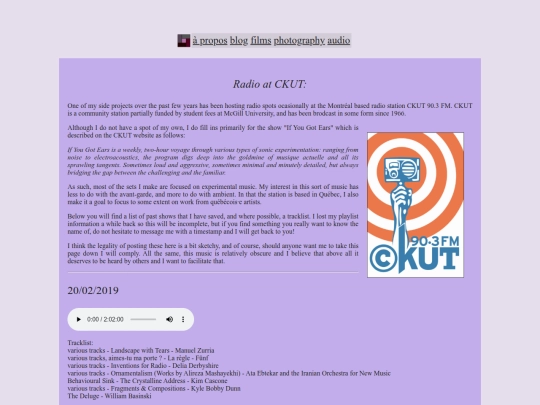










































![[ directory ] avatar](/site_screenshots/28/84/alsike/index.html.50x50.webp)















































you're good :P